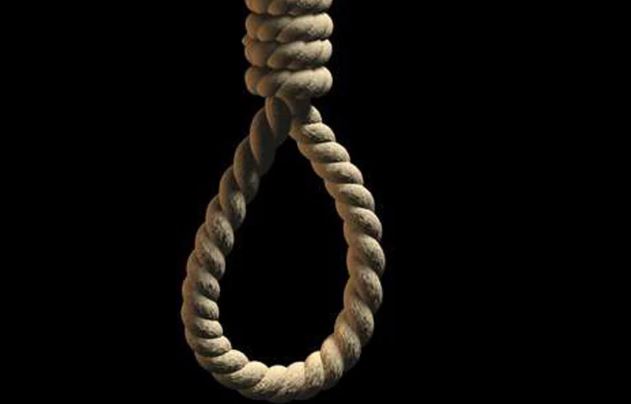
Pastor Isaak Kariuki of Baltimore, Maryland state in the US, acknowledges that suicide cases among the Kenya Community in the US have surged.
“That is why diaspora messenger teamed up with churches in America, the United Kingdom and Bishops, Evangelist, doctors and many others to organise a day of prayer,” said Kariuki.
Kariuki says the deaths surrounding Kenyans abroad are unnatural and abnormal.
“Kenyans in the diaspora are not so many to warrant the kind of deaths we have seen in the past few years.”
Bodies are found in apartments every day, a matter that worries Kariuki.
“There is something wrong ... and as a man of God I think the only solution is to come together and pray.”
Allentown's Eunice Juma, a foreign student, said stress is haunting Kenyans abroad as they have to do all it takes to fit in the American lifestyle.
She notes that many Kenyans find it difficult to adjust to life when they arrive in the US after leaving behind loved ones and a familiar place.
Juma added that the majority of Kenyans under stress are students whose survival in the US requires nothing but hard work.
“You have three jobs and still have to go to school. At the same time, Homeland security is following you. Meanwhile, someone at home thinks there is a tree in America where you pluck money from, yet you are struggling to pay tuition fee.”
Some students are also struggling to pay loans they took to facilitate their studies, a factor which Juma says plunges many Kenyans into depression.
Elizabeth Otieno categorises mental health as a silent symptom because most of its victims do not talk about it due to a lack of awareness.
She attributes the rampant cases of suicide among Kenyan communities living abroad to the inability to cope with challenges.
In Kenya, children live with their parents until a certain age when they are responsible enough to take care of themselves but in the US, as Otieno says, it forces one to be responsible for themselves at a younger age.
Stay informed. Subscribe to our newsletter
And those who fail to fit in the demanding life abroad start abusing drugs and other substances.
“When I was growing up I only knew of marijuana but when I came here I found cocaine and meth. Some of our children are using these and we are losing them to mental health problems.”
Robinson Gichuhi advises Kenyans who go to the US to strictly pursue the mission that took them there.
Gichuhi said some get involved in sexual relationships and in the process end up getting a child.
As a result, many students are sued for child support which he terms as a hindrance to one’s success.
“You might be asked to pay $500 a month. Whether you are a student or not you will have to pay it. If you don’t you cannot access your student loans or credits. Eventually, you will be arrested, charged and jailed,” he said.
All this leads one to economic hardships and at some point, depression.
Research shows the majority of Kenyans committing suicide abroad after succumbing to stress are those who tend to keep it to themselves and minimise interactions with the rest of the community.
Pastor Kariuki has urged Kenyans to debunk the notion that America is a country flowing with milk and honey. Instead, family members in Kenya should help their relatives abroad.
Experts and community leaders have been encouraging Kenyans living abroad to identify with or become members of social groups for support.
 The Standard Group Plc is a
multi-media organization with investments in media platforms spanning newspaper
print operations, television, radio broadcasting, digital and online services. The
Standard Group is recognized as a leading multi-media house in Kenya with a key
influence in matters of national and international interest.
The Standard Group Plc is a
multi-media organization with investments in media platforms spanning newspaper
print operations, television, radio broadcasting, digital and online services. The
Standard Group is recognized as a leading multi-media house in Kenya with a key
influence in matters of national and international interest.
 The Standard Group Plc is a
multi-media organization with investments in media platforms spanning newspaper
print operations, television, radio broadcasting, digital and online services. The
Standard Group is recognized as a leading multi-media house in Kenya with a key
influence in matters of national and international interest.
The Standard Group Plc is a
multi-media organization with investments in media platforms spanning newspaper
print operations, television, radio broadcasting, digital and online services. The
Standard Group is recognized as a leading multi-media house in Kenya with a key
influence in matters of national and international interest.









